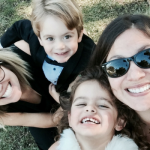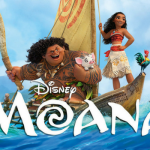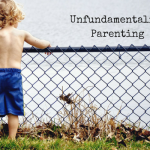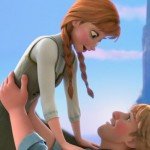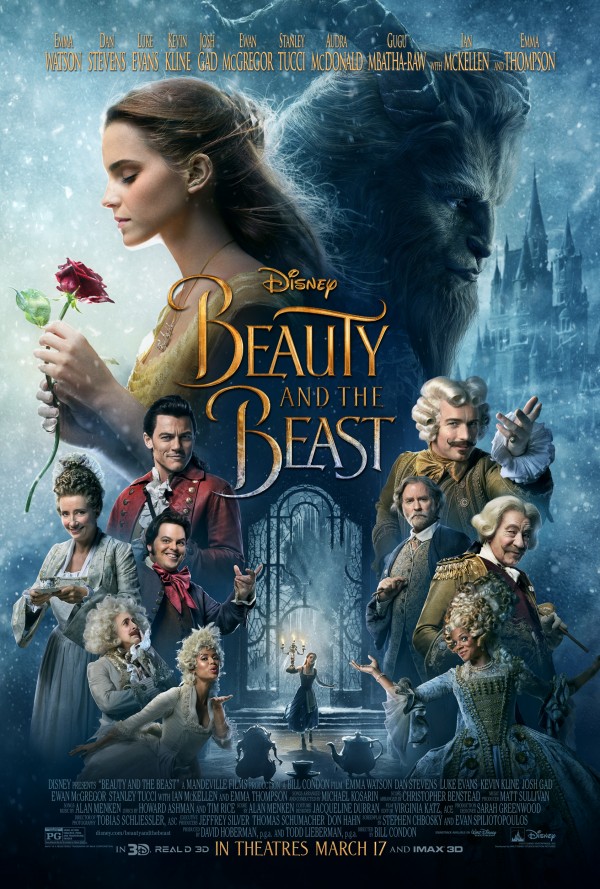
Image from Disney
Like millions of others, I joined adoring fans at the theaters the first chance I could to watch Disney’s remake of the classic, Beauty and the Beast. I loved ‘almost’ everything about it—the cast was solid—I was delighted to see beloved actors like Ian McClellan, Ewan McGregor, and Emma Thompson appear as they transformed from their household item characters. The music was spectacular, with amazing vocals from Audre MacDonald launching the movie with a resounding debut to new musical additions sung by Kevin Kline (How Does A Moment Last Forever) and Dan Stevens (Evermore). And Emma Watson, oh, could there have been a better person to play Belle? She was beautiful and charming and she wore that nostalgic yellow ball-gown so elegantly you almost forget she self-declares that she is “not a princess” in a prior scene.
And of course, I was interested to see the movie for myself after the hype from the conservative Christians’ boycott of the ‘gay moment’ and the liberals’ critique over whether the storyline of Beauty and the Beast is feminist enough.
Leading up to the opening weekend, it did not seem to matter when it came to box office numbers, as the movie cruised effortlessly into record-breaking numbers. Many people, myself included, were not going to miss seeing the magic of their childhood classic turned into live action. The nostalgia factor overwhelmed any other reservations.
With any art and media we consume, the experience is 50/50—50% is what the creators produce, and the other 50% is our own experiences as the interpretive grid imposed upon the art.
I grew up in a conservative evangelical environment, what we affectionately called, the ‘Christian Bubble,’ and it was from within this world that I experienced several of the Disney classics of the nineties, including Little Mermaid, Aladdin, and Beauty and the Beast. There was a common theme throughout all of these movies that gripped my heart, and no, it was not to find Prince Charming. It was this deep yearning to escape present circumstances and realize dreams.
Little Mermaid wanted feet so she could be part of a different world on land, despite the admittedly compelling wonders of her home ‘Under the Sea.’ Aladdin sang with melancholy, longing for society to see him as more than the Riff Raff, Street Rat persona—he wanted them to know that there’s ‘so much more to me.’ And Belle resented her provincial life, she wanted,
“an adventure in the Great Wide Somewhere, I want it more than I can tell. And for once it might be grand, to have someone understand, I want so much more than they’ve got planned.”
And as she flung her arms stretched out wide and the camera panned out at the magnificent vista beyond the village, she sang my heart’s own song.
But it would be years after I had physically left the geographical location of my coming-of-age years, before I would take painstaking steps towards a life outside the bounds of the Christian bubble. Because as we know, real life is unlike a fairy tale, and it takes far more than one dreamy night on a magical carpet ride to discover a Whole New World.
To some extent, this is not unique to the Christian bubble, because these songs resonated with children (and adults) beyond Christian subculture. It is a healthy and normal aspect of adolescent development to discover their own identities and long for purpose in life. But fundamentalist communities erected boundaries that actively prohibited access to fulfilling those longings. This happened through overt rules and regulations over what to watch, what to read, what activities to engage in, to subtle messages of “you can’t trust your own intuition” and prescribing rigid narratives for people, especially young women, to live into.
Like Belle, I was always destined to be more than just someone’s wife.
I often grieve what was withheld from me in my childhood. I resent the lost time I spent reading Christian romance novels when I could have begun exploring the world through a wider diversity of books. It did not protect or shelter me from the feared “secular influences,” it delayed me from tasting and seeing the complexities of humanity, and I will never get that time back.
And perhaps that’s why, when I watched Emma Watson twirl out into the prairie, projecting her voice into the tremendous landscape, “I want adventure in the Great Wide Somewhere, I want it more than I can tell,” my soul still stirs, reminding me of the losses of my childhood, but held in the wonderful tension of hope that I am still that same little girl, yearning for an adventure, a dream, to live a life that is “so much more than they’ve got planned.”
It was a special nostalgic time to be watching one of my favorites from my teenage years with my own teenage daughter. She has a different story than me, and this world she is growing up in is much different than the one I grew up in. But for now, we are inhabiting the same space and time, and I only hope that I would not be a barrier to her exploring this beautiful world, as unsafe and tenuous as it may feel in these uncertain times, but be a point of connection and access. That through my stories and experiences and encouragement, she would embark upon her own path with curiosity and courage.
The remake revealed more about Belle’s mother. We learn she was fearless, and Belle drew strength from her mother’s courage. I can only hope I do the same for my daughter.
Join us at Raising Children Unfundamentalist

